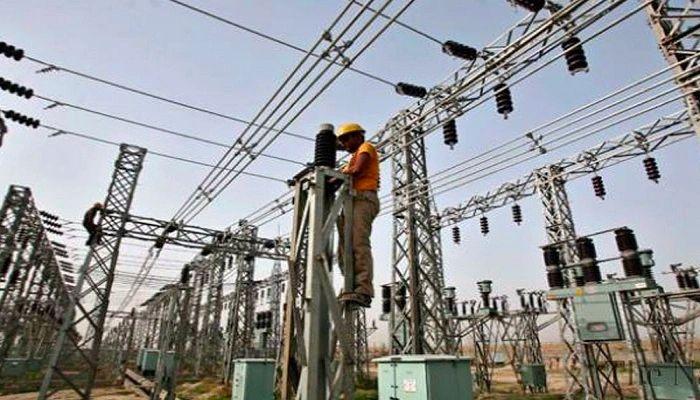The Federal Government of Nigeria (FG) is setting its sights on a significant increase in national power generation by developing eight new power plants. These projects, expected to be constructed through public-private partnerships (PPPs), are projected to add a combined capacity of 1,268 megawatts (MW) to the national grid.
According to reports, three of the eight planned power plants have already been awarded to concessionaires, while the Federal Executive Council (FEC) recently approved the concession of another. The remaining projects are expected to be awarded soon, paving the way for construction to begin.
Read also: FG initiates sale of five power plants for $1bn
The new power plants will utilize a mix of brownfield and greenfield development approaches. Brownfield projects involve the rehabilitation and expansion of existing facilities, while greenfield projects involve the construction of entirely new power plants on undeveloped land. This diversified approach aims to leverage existing infrastructure while also promoting the development of new renewable energy sources.
Joseph Utsev, the minister of water resources and sanitation presented details of the project to the National Council on Water Resources and Sanitation at its 30th regular meeting. He emphasized the government’s commitment to improving the nation’s power situation through strategic partnerships and investments in the sector.
“We have conclusively concessioned some projects while still developing others through various PPP models itemised as follows: concession of the 40MW Dadinkowa Hydropower Project in Gombe State. We have attained financial closure and the plant is operational, thereby, stabilising the transmission voltage of the North-East of Nigeria.
“Concession of the 30MW Gurara Hydropower Plant in Kaduna State up to financial closure and the plant, which is under rehabilitation will commence commercial operation in the third quarter of the year 2024.
“Concession of the 40MW Kashimbila Hydropower Plant in Taraba State. The Federal Executive Council approval has been secured, the concession agreement executed and the commencement fee paid by the concessionaire to the special concession account as approved by the Federal Ministry of Finance Budget and National Planning,” Utsev said.
This news comes amidst ongoing challenges in Nigeria’s power sector, characterized by limited generation and distribution capacity. The current national grid struggles to meet the electricity demands of the nation’s over 200 million population, often hovering between 3,000MW and 4,000MW.
Read also: Geometric power plant set for commissioning in February
Outlining other projects, the minister said, “Development of 360MW Gurara Phase II Hydropower Project in Niger State (engineering, procurement and construction contract awarded and FEC approval for the concession of operation and maintenance of the power plant through PPP model secured).
The anticipated increase of 1,268MW from these new plants represents a notable step towards addressing Nigeria’s longstanding power challenges. However, experts caution that achieving a sustainable and reliable power supply will require continued investment in infrastructure upgrades, transmission networks, and addressing gas supply constraints to existing power plants.

